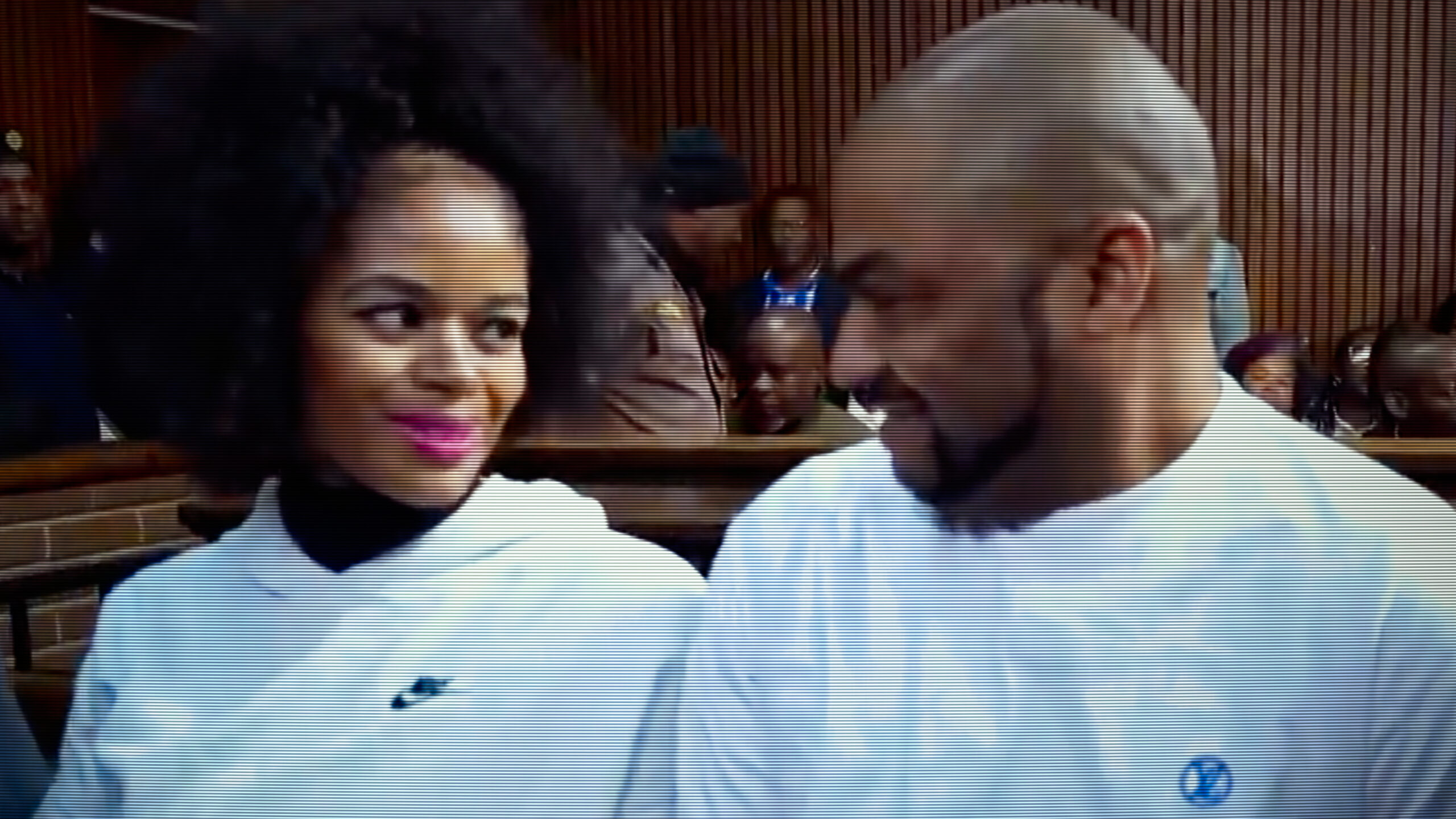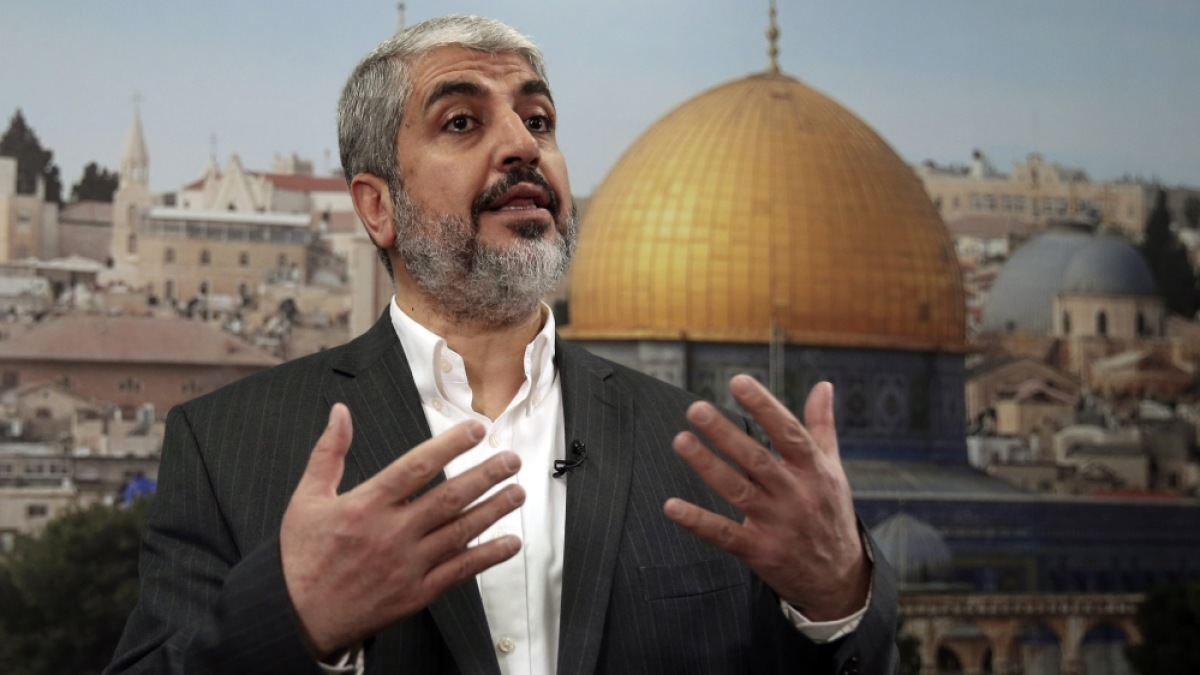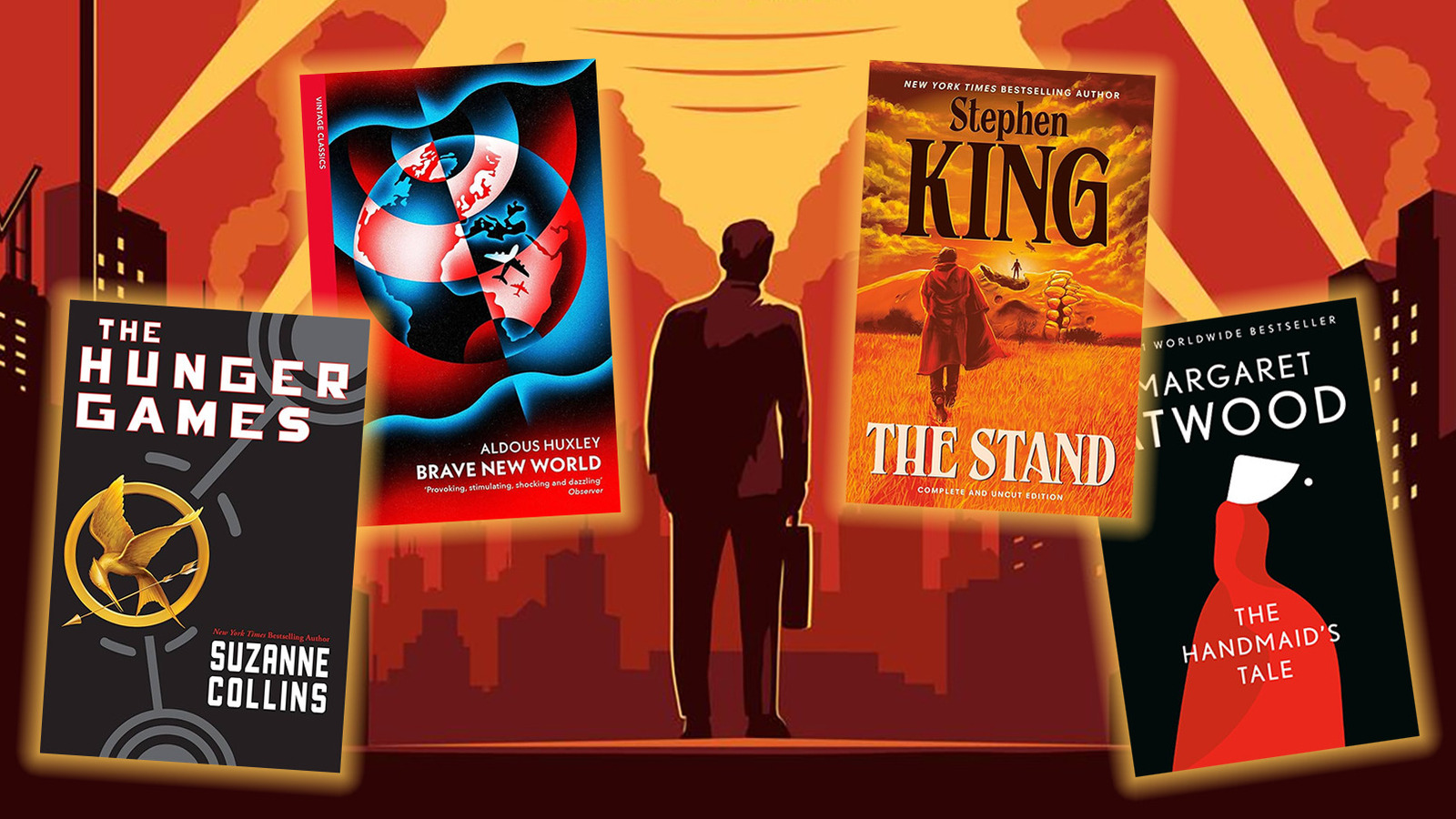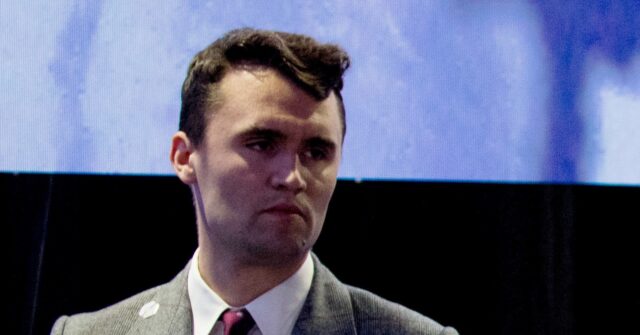By Anthony Molyneaux,Eyaaz
Copyright mg

A quick online search for Thabo Bester and Dr Nandipha Magudumana paints an immediate and vivid picture — one that might leave you questioning the necessity for another documentary on them.
The court interdict launched by the pair a day before Netflix premiere of Beauty and the Bester last week, seeking to block it, fell face-flat.
In 2023, Thabo Bester was the most searched-for person in South Africa, with his co-accused, celebrity doctor Magudumana, taking fourth place. After all, what could Beauty and the Bester possibly offer that hasn’t already been splashed across headlines, WhatsApp groups and court reports?
Part entertaining, part cautionary tale, the three-part docuseries’ strength is the mirror it holds to our social psyche — disturbingly so.
Directed by Anthony Molyneaux, Beauty and the Bester delves into the events involving rape and murder that shook South Africa in late 2023.
It re-enforces the question that continues to baffle the public — How did one of South Africa’s most admired women land at the centre of one of its biggest criminal scandals? And what led to this Bonnie and Clyde story traversing borders from South Africa to Tanzania by car and hope.
From the first episode, the haunting opening sequence scored by Siyabonga Sithole, Sean Ou Tim and Fezile Thula sets an eerie, captivating tone.
Despite the potentially confusing timelines, swinging between 2011 (Bester’s original conviction) and 2022 (his escape), technically, the documentary is well crafted, as expected from the global streamer.
The voice notes, court documents, archival footage and new interviews in Beauty and the Bester didn’t inspire me, though. It was Showmax’s four-part series Tracking Thabo Bester, which premiered last year, that gave one all one needed to know about this jarring saga.
The new voices of friends, former clients and prisoner warders in Beauty and the Bester do, however, add another thin layer to the story.
For instance, actress Pearl Thusi’s recounting of a terrifying knife-and-bible encounter with Bester, under the guise of a modelling job, adds a darker layer to who the man is.
I was saddened by the interviews with Nandipha’s parents. Unfairly caught up in their daughter’s chaos, her mother was too overcome to speak much, with the father taking the lead.
Online news outlet GroundUp’s deputy editor, Barbara October, leaves viewers with a haunting question: “Why would an extremely successful doctor get involved with a rapist and murderer?”
Beauty and the Bester does ask serious psychological questions about the love birds’ relationship and individual mental states.
In one of the most unsettling moments of the series, towards the end of second episode, we hear Bester’s voice in a phone outburst, dipped in manipulative cruelty and chilling control. It’s hard not to hear the hallmarks of narcissism, psychopathy and emotional abuse.
It’s moments like these when the documentary hints at something more — the need for real psychological interrogation.
A professional mental health voice — as in Showmax’s Steinheist, where a psychologist unpacks Marcus Jooste’s behaviour with great insight — would have elevated the series, helping to frame this tale not just as scandal, but as a deep dive into the root causes of manipulation, control and trauma.
Look, even a spiritual angle might have been worthwhile. What kind of sway and darkness does one person carry to influence another so profoundly that they abandon spouse, children, profession and conscience?
How does one rationalise hiding bodies, smuggling out corpses in TV boxes and eloping across borders?
It is these emotional and psychological aspects of Beauty and the Bester that leave us intregued and curious about what actually transpired between the two.
Perhaps this basic human curiosity is the aspect of true-life documentaries that keeps viewers glued to screens. Perhaps our hopes and the thrill of solving a real-life whodunnit, like armchair detectives, is what makes the ride worthwhile.
Netflix knows only too well how to captivate audiences with this genre. The most watched true-crime stories in the global streamer’s library include Baby Reindeer, Inventing Anna and Dahmer. Despite the legal problems they often lead to, the company is steadfast in feeding viewers’ obsession with true-crime stories.
In South Africa however, Netflix is still gauging the market, with Senzo: Murder of a Soccer Star (2022) probably its only local true-crime story.
Local streamer Showmax packs a better punch with South African true-crime documentaries.
Among those that have captivated audiences are Devilsdorp, Catch Me a Killer, Boetie Boer: Inside the Mind of a Killer and Convict Conman.
Showmax’s Tracking Thabo Bester gives Beauty and the Bester a run for its money.
Produced by IdeaCandy, Tracking Thabo Bester had the most first-day views of any documentary on Showmax, a record previously held by Rosemary’s Hitlist, also produced by IdeaCandy.
Another true-crime series by the local streamer, The ABC Killer, had viewers shook. It looked at Moses Sithole, South Africa’s most prolific serial killer, who carried out his crimes at the dawn of our democracy.
Likened to American serial killer Ted Bundy, Sithole targeted women of colour with the promise of work, in Atteridgeville, Boksburg and Cleveland in Gauteng.
Serving 2 410 years in prison for 38 murders, 40 rapes and six robberies, Sithole’s story is certainly jarring.
In an interview with Showmax, director Jasyn Howes said he was intrigued by how Sithole committed all those crimes in the space of just over a year — while sober and in broad daylight.
Howes added “What I found fascinating about him is that he came from nothing — no education — but he was innately smart.
“He had street smarts but he could also present himself in a way that he seemed educated. So many of the people we interviewed spoke about how they never would have guessed he was a serial killer.”
Sithole’s combination of brains and brutality is the archetype of Bester and many other smooth operators we find in our society, conning and harming the innocent.
While some viewers are attracted to true-crime documentaries by curiosity and sense of justice, for others it might be escapism and entertainment.
Essentially, true crime documentaries can serve as cautionary tales, especially in a highly violent and unequal society like South Africa.
We don’t know what really transpired. We don’t know what circumstances shaped the Thabo Bester who we have come to know through the media. We also don’t know if Magudumana was the real mastermind behind him, a misguided lover or a manipulated pawn.
One thing is for certain, true-crime documentaries have a way of stirring, educating and entertaining a broad range of viewers on the dangers that lurk right under our noses.
Fascinating as the story is, overall, as a South African viewer, I was not convinced about the point Beauty and the Bester was trying to make.



